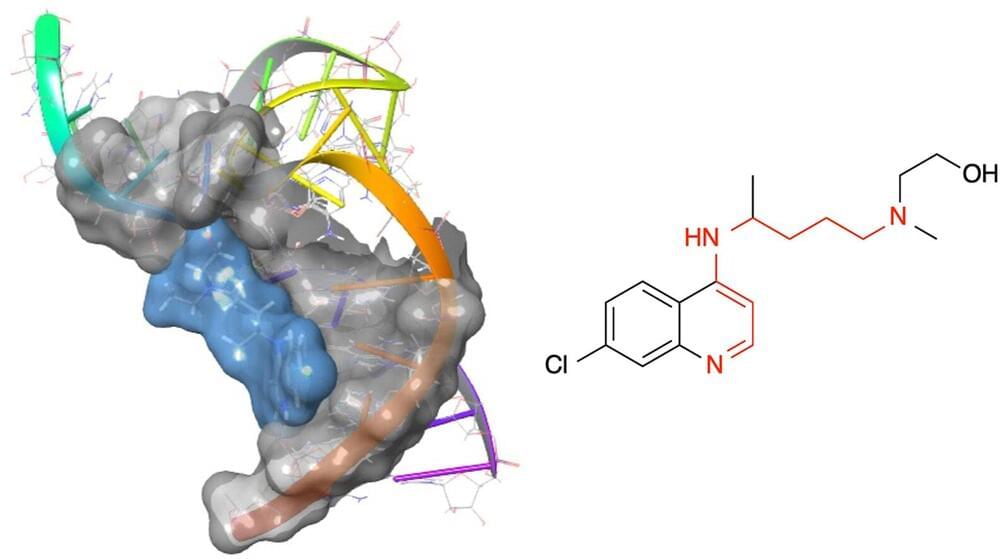Feb 14, 2023
Traders lost $7.6 billion betting against Tesla over the past month as stock surged
Posted by Kelvin Dafiaghor in categories: Elon Musk, finance, sustainability, transportation
The losses for short-sellers betting against Elon Musk’s electric vehicle company have ballooned to $7.6 billion over the past month, making it the least profitable short position for hedge funds, according to data from S3 Partners.
The swift one-month surge in Tesla stock has wiped out about half of the gains short-sellers made last year betting against the company. At the end of December, short-sellers had made a $15 billion profit in 2022, making Tesla the most profitable short of the year.
Shares of Tesla have been on a rollercoaster following vehicle price cuts and a weaker-than-expected fourth-quarter delivery number. But on the company’s most recent earnings call, Musk reaffirmed the company’s long-term growth target of 50%.


















